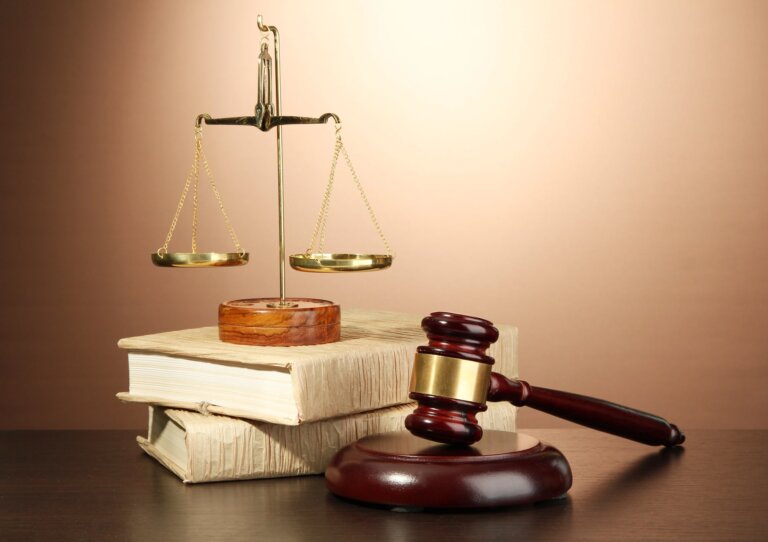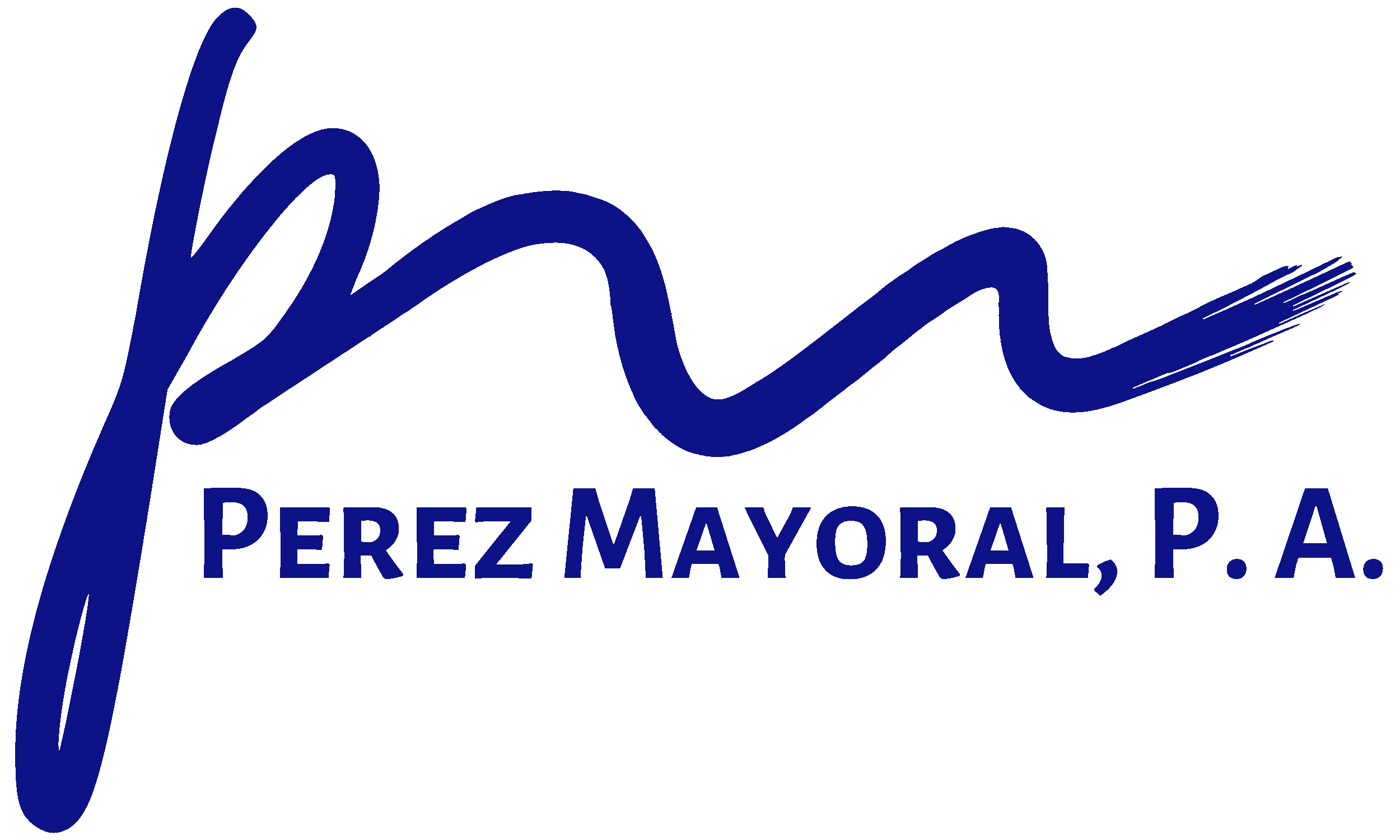Florida homeowners and condominium unit owners may soon face significant changes to their rights and responsibilities under proposed legislation for 2025. At Perez Mayoral, P.A., we exclusively represent homeowners and unit owners—never associations—in disputes with HOAs and condominium boards across Florida. Our legal team has analyzed these proposed bills to help you understand how they might affect your rights and financial obligations.
HB 913: A Game-Changer For Condo Owners
House Bill 913, introduced by Rep. Vicki Lopez (R-Miami), represents a well-intentioned effort to address condominium safety issues in the wake of the Surfside tragedy. Rep. Lopez’s primary goal is clearly to protect residents by ensuring that buildings properly complete required safety repairs without undue delay.
However, a close reading of the bill reveals potential issues that could significantly impact unit owners’ rights in ways that may not be fully refined. While the bill creates important enforcement mechanisms for post-Surfside safety requirements, it also introduces concerning changes to unit owner voting rights that could have far-reaching consequences.
The following analysis examines both the protective measures and the potential issues with this legislation.
Citizens Insurance Enforcement Mechanism
HB 913 would prohibit state-owned Citizens Property Insurance from covering condominiums that fail to comply with post-Surfside inspection and reserve requirements. This creates a powerful enforcement mechanism for condo safety, as buildings that don’t comply with inspection requirements would be unable to obtain insurance through Citizens – the state’s insurer of last resort.
The bill also makes adequate property insurance a statutory requirement for all associations regardless of what their declaration states. This creates a legal mechanism where:
- Citizens won’t insure non-compliant buildings
- Associations without insurance violate the Condominium Act
- Unit owners gain the right to sue their boards for these failures
Beyond the safety benefits, this enforcement approach helps unit owners protect their investments by ensuring their units remain marketable, since lenders typically won’t approve financing for units in uninsurable buildings.
Loss Of Unit Owner Voting Rights On Special Assessments
Current Laws on Special Assessments and Owner Voting
Under current Florida condominium law, boards generally have the authority to enter into contracts for association duties without unit owner approval. However, there are important exceptions where owners traditionally maintain voting rights:
- Many condominium documents require unit owner approval prior to adopting special assessments exceeding certain amounts
- If work involves material alterations or substantial additions to common elements or association property, most declarations require owner approval when costs exceed specific thresholds
- The board can approve certain material alterations without owner votes only if the work constitutes “necessary maintenance” as defined by Florida appeals court decisions
These provisions in the law and governing documents create crucial checks and balances, ensuring that major financial decisions with significant impact on owners require their consent.
How HB 913 Changes Owner Voting Rights
The most significant aspect of HB 913 is the unprecedented authority it grants to boards to levy special assessments and obtain loans for repairs without membership approval. The bill explicitly states:
“Notwithstanding any provision to the contrary contained in an association’s declaration, articles of incorporation, or bylaws, the board of administration of an association may levy special assessments to perform necessary maintenance, repair, or replacement of the condominium property as required by the milestone inspection report and structural integrity reserve study report without the approval of the membership.”
This language appears to override not just special assessment voting requirements, but potentially even provisions requiring owner approval for material alterations or substantial additions. The key phrase “notwithstanding any provision to the contrary” could be interpreted to eliminate owner voting rights for any project—regardless of cost or whether it constitutes a material alteration—as long as it’s recommended in a milestone inspection or structural integrity reserve study.
This fundamentally alters the balance of power in condominium governance by eliminating one of the most crucial checks and balances unit owners have traditionally held: control over their financial obligations to the association.
While addressing safety concerns is essential, removing unit owner voting rights on potentially unlimited special assessments creates significant financial risks, particularly for seniors on fixed incomes who could face substantial unplanned expenses with no opportunity to vote, budget, or prepare for these costs.
Electronic Voting Expansion
The bill includes positive provisions for electronic voting, allowing just 25% of owners to petition for electronic voting options. This could lead to more representative decision-making, especially in communities with many seasonal residents.
Current Status: HB 913 has already passed its first committee in the Florida House with unanimous support, but there are differences with the Senate version (SB 1742) that will need to be resolved.
SB 1600: Strengthening Recall Elections
Senate Bill 1600 aims to strengthen unit owners’ rights in recall elections by:
- Prohibiting suspension of unit owners’ voting rights in elections held to recall board members
- Requiring condo associations to pay legal bills of unit owners who initiate recall actions if the board appeals and loses
This legislation addresses common tactics some boards use to avoid recalls, such as challenging vote counts, questioning signatures, and citing previously unenforced voting certificate rules. By requiring associations to cover unit owners’ legal fees if boards fight recalls in court and lose, the bill removes a significant financial barrier that has prevented many legitimate recall efforts.
Current Status: SB 1600 was filed on February 27, 2025, and is making its way through the legislative process.
SB 368/HB 983: Tackling HOA Abuses
This promising legislation establishes a Condominium and Homeowners’ Association Economic Crime, Fraud, and Corruption Investigation Pilot Program to address excessive fines, financial mismanagement, and abusive practices. Key provisions include:
- Stopping associations from stacking fines into liens, closing a loophole used to push people toward foreclosure
- Strengthening the complaint process and creating real oversight
- Requiring a statewide condo association database for better transparency
The bill directly addresses some of the biggest complaints we handle at Perez Mayoral, P.A.: excessive fines, financial mismanagement, and HOA boards that seem more focused on punishing homeowners than maintaining communities.
SB 1742: Condo Association Reserves & Investment
Senate Bill 1742, introduced by Sen. Jennifer Bradley (R-Fleming Island), would authorize condo associations to:
- Obtain lines of credit to cover required reserves (for budgets adopted before the end of 2028)
- Invest reserve funds under specific conditions, including creating an investment committee and hiring a registered investment adviser
This could benefit condo associations by allowing them to generate passive income from reserves to help offset costs. The bill includes guardrails to prevent malfeasance by prohibiting investment advisers from being related to board members, unit owners, or reserve study providers.
The bill also addresses excessive estimates, invoices, and construction costs that have been imposed on many condo associations by requiring that designers and builders bidding on work identified in a reserve study must not have a financial connection to the reserve study provider.
Current Status: SB 1742 was recently approved by the Senate Regulated Industries Committee and is moving through the legislative process. It differs from the House version (HB 913) in that it does not include the provision barring Citizens Property Insurance from covering non-compliant condos.
Other Key Proposed Legislation
My Safe Florida Condominium Pilot Project (SB 592/HB 393)
This legislation aims to modify the hurricane preparation program for coastal condos by:
- Requiring buildings to be at least three stories tall to qualify
- Lowering the approval threshold to 75% of owners (down from 100%)
- Excluding purely commercial condo buildings
Structural Integrity Reserve Studies Height Requirement (SB 690)
This proposal seeks to increase the height requirement for mandatory structural integrity reserve studies from three to six stories, potentially easing financial burdens for smaller condo communities but raising concerns about excluding buildings that still house many residents and face similar maintenance challenges.
Low-Income Homeowner Assessment Relief (SB 696/HB 675)
This legislation would provide grants of up to $2,500 to help low-income senior condo owners pay special assessments levied to fund reserve accounts. While a step in the right direction, the amount may not cover the full assessment in many communities.
HOA Ombudsman Office Creation (SB 120/HB 137)
This bill would create an Office of Homeowners’ Association Ombudsman within the Division of Florida Condominiums, Timeshares, and Mobile Homes to investigate complaints, similar to the existing ombudsman for condominiums.
Flood Risk Disclosure Requirements (SB 948/HB 1015)
This consumer protection measure requires disclosure of flood risks to prospective tenants and buyers, including past flood damage and flood-related insurance claims before closing on a sale.
How Perez Mayoral, P.A. Can Help
If you’re a Florida homeowner or condo unit owner concerned about how these legislative changes might affect your rights or dealing with current issues with your association, Perez Mayoral, P.A. is here to help. We exclusively represent homeowners—never associations—ensuring our interests are always aligned with yours.
Our experienced attorneys can:
- Evaluate your specific situation regarding special assessments or board actions
- Represent you in disputes with your HOA or condo association
- Guide you through the recall process if your board is failing to act in owners’ best interests
- Help you understand your rights under both current and new legislation
Contact Us Today
Don’t face your HOA or condo association alone. Call Perez Mayoral, P.A. at (305) 928-1077 for a consultation or email us at [email protected]. Our team of dedicated Fort Lauderdale, FL condo attorney is committed to protecting Florida homeowners’ rights against overreaching associations.
This article contains legal information and analysis of proposed legislation as of March 2025. The final versions of these bills may change before becoming law. Contact our office for the most current information regarding your specific situation.


